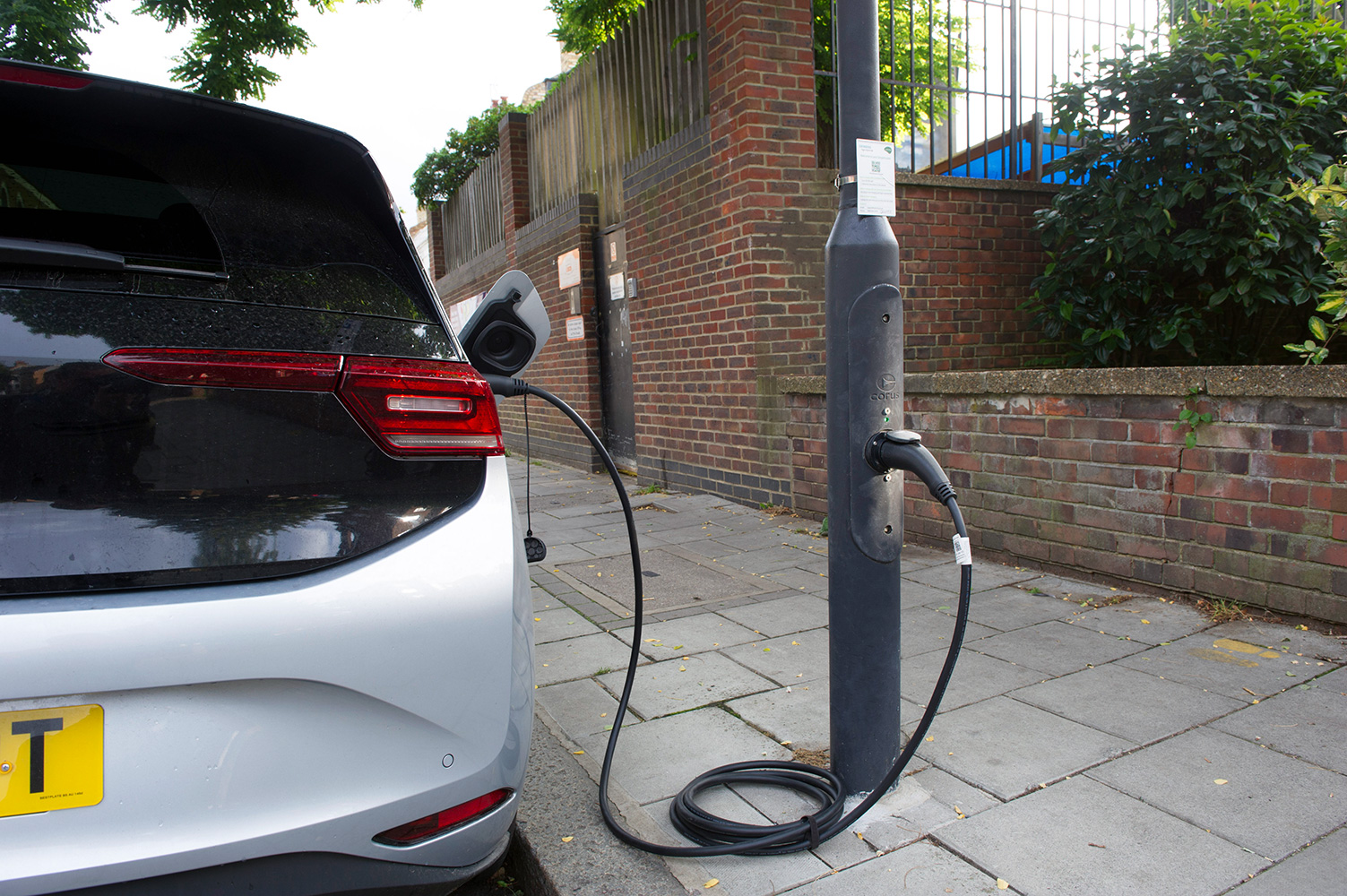The government has set out new requirements for public electric car chargers that aim to tackle issues with unreliability and complex payment methods.
Announced yesterday, the rules, set out in the Public Charge Point Regulations 2023, stipulate various requirements for public EV charging providers.
One of the main demands is that rapid chargers need to be ‘on average, reliable for 99 per cent of the time during each calendar year’. Charge point providers will be forced to publish information on their reliability.
The government is also looking to address the grey area surrounding payment. Currently, some charging points require apps or pre-authenticated RFID cards to ‘unlock’ a charger. But for all chargers delivering above 8kW of power, they will be required to have a contactless payment feature to speed up the charge.
They will also need to enable ‘payment roaming’, whereby drivers will no longer need to have multiple apps from each charging provider in order to enable a charge to start, as is sometimes the case currently.
However, no official date has been given as to when these regulations will come into force, and once they are, operators will have a year to introduce this functionality.
Clearer pricing is another requirement, with charging operators being forced to display the cost of charging in pence per kilowatt hour before a charge has begun.
Toby Poston, director of corporate affairs at the British Vehicle Rental and Leasing Association (BVRLA), said: “Public charging anxiety and frustration is one of the top reasons drivers give for not going EV, so these new measures represent a massive step in addressing them.”

